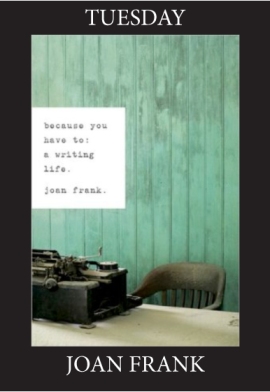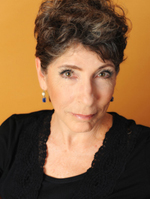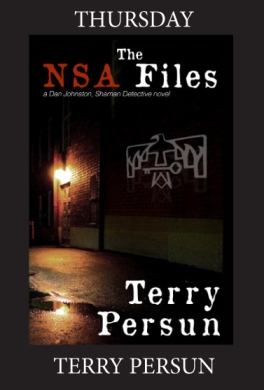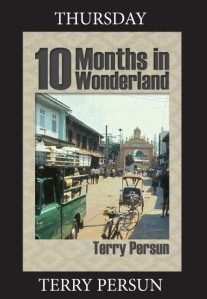 I just arrived home from Office Depot, where I spent a horrifying amount of money.
I just arrived home from Office Depot, where I spent a horrifying amount of money.
On what, you ask?
On an expletive-deleted toner cartridge, among other things.
Surely, this is a fixed racket. Surely the Mob controls the printer cartridge industry, starting with its prices. I mean, are they filled with gold bullion?
Here’s the other miserable inevitability: A writer is forced to consider the work that requires these tools, while she stands in line to pay for the unaesthetic plastic box with carcinogenic filling, and to wonder: What does this mean?
Is the reality an act of folk heroism, to be clucked over by future generations? Brave artist! She stood in line dozens of times to buy expensive, carcinogenic plastic boxes!
No matter (she tells herself, grimly): other writers have to do this, too.
At least, no author I know admits to sending a Personal Shopper on these rounds.
I bring up the subject precisely because it is so unpleasant, so expensive, and so No Exit—unless you take everything to a copy-and-print center, which will cost you an even bigger fortune.
And the kicker, first and last, is that acquiring this stuff feels so utterly divorced from what the stuff serves: Enduring Art, and other big-deal concepts.
(Don’t tubes of paint or blocks of clay or wood or marble seem more fitted to a Vision, than charcoal-dust-leaking cartridges?)
The items we’re talking about generally come from big box stores, staffed mostly by people I will not invite legal retribution by describing. They (the items) also happen to be necessary to any office, including those of all the day jobs I’ve worked over the past many years while making new writing.
That group of jobs was diverse. But they all needed printer cartridges, paper, binders, clips, staplers, sheet protectors, pens and pencils, markers, those colored sticky things—it was one of the few reasons I liked working in those places.
In reality, I truly love office supplies. But these days, no longer buttressed by a day job’s paycheck, that love sours when time comes to pay for the high-ticket items. And lately, they’re all high-ticket.
Odder still: all this gritty physicality, given that the world’s going electronic.
Bottom line, nonetheless? To keep working, you need your tools. Simple as that.
Even if the whole experience feels like getting treated for a recurring illness.
Which when you think about it, may not be the most inaccurate analogy around.
 Joan Frank is the author of five books of fiction, and a recent essay collection called Because You Have To: A Writing Life, just nominated for the ForeWord Reviews Book of the Year Award in Nonfiction. Joan holds an MFA in creative fiction from Warren Wilson College, is a MacDowell Colony Fellow, Pushcart Prize nominee, winner of the ForeWord Reviews Book of the Year Award in Short Fiction, Richard Sullivan Prize, Dana Award, and is the recipient of grants from the Barbara Deming Memorial Fund, Ludwig Vogelstein Foundation, and Sonoma Arts Council. A two-time nominee for the Northern California Book Award in Fiction and San Francisco Library Literary Laureate, Joan has taught creative writing at San Francisco State University, and continues to teach and edit in private consultation. Joan also regularly reviews literary fiction for the San Francisco Chronicle Book Review. She lives in Northern California.
Joan Frank is the author of five books of fiction, and a recent essay collection called Because You Have To: A Writing Life, just nominated for the ForeWord Reviews Book of the Year Award in Nonfiction. Joan holds an MFA in creative fiction from Warren Wilson College, is a MacDowell Colony Fellow, Pushcart Prize nominee, winner of the ForeWord Reviews Book of the Year Award in Short Fiction, Richard Sullivan Prize, Dana Award, and is the recipient of grants from the Barbara Deming Memorial Fund, Ludwig Vogelstein Foundation, and Sonoma Arts Council. A two-time nominee for the Northern California Book Award in Fiction and San Francisco Library Literary Laureate, Joan has taught creative writing at San Francisco State University, and continues to teach and edit in private consultation. Joan also regularly reviews literary fiction for the San Francisco Chronicle Book Review. She lives in Northern California.





